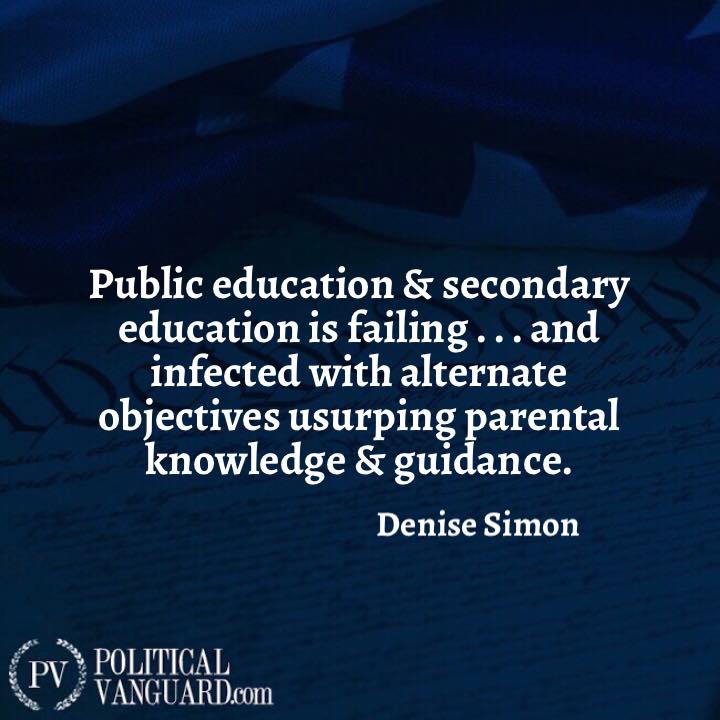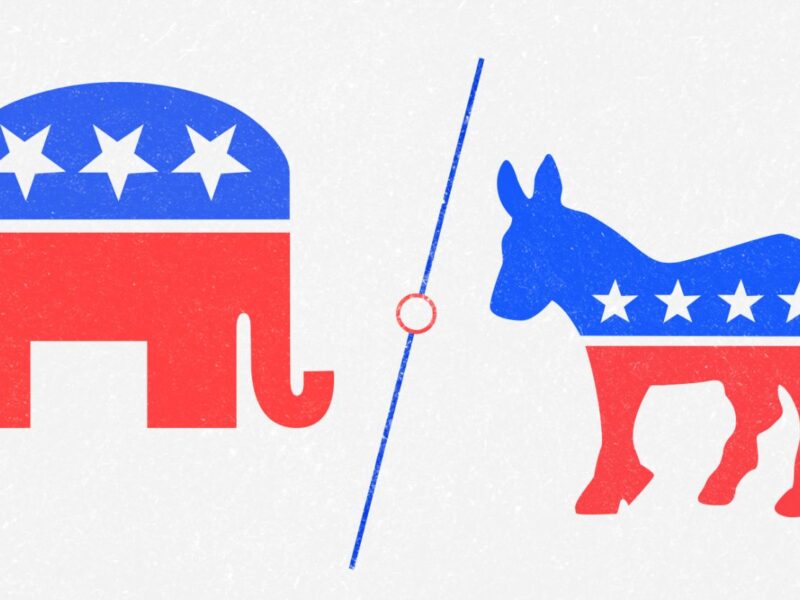Education Molding Students for Labor Certification
It is called SCANS (Secretary’s Commission on Achieving Necessary Skills).
The final report was submitted by the Department of Education to the Department of Labor in 1992 and the implementation into the public education system began. The blueprint covers industry, measurement, scoring, skills and behavior of students as needed in the future labor force. The blueprint launched 18 years ago must be old and obsolete by now right? Not so much. As recently as 2017, there are refinements that include resources, interpersonal, information, systems and technology.
Two of the three part education foundation includes what is identified as workplace competencies.
Thinking Skills:
Thinks creatively, makes decisions, solves problems, visualizes, knows how to learn, and reasons
- A. Creative Thinking–generates new ideas
- B. Decision Making–specifies goals and constraints, generates alternatives, considers risks, and evaluates and chooses best alternative
- C. Problem Solving–recognizes problems and devises and implements plan of action
- D. Seeing Things in the Mind’s Eye–organizes, and processes symbols, pictures, graphs, objects, and other information
- E. Knowing How to Learn–uses efficient learning techniques to acquire and apply new knowledge and skills
- F. Reasoning–discovers a rule or principle underlying the relationship between two or objects and applies it when solving a problem
Personal Qualities:
Displays responsibility, self-esteem, sociability, self-management, and integrity and honesty
- A. Responsibility–exerts a high level of effort and perseveres towards goal attainment
- B. Self-Esteem–believes in own self-worth and maintains a positive view of self
- C. Sociability-demonstrates understanding, friendliness, adaptability, empathy, and
- D. Self-Management–assesses self accurately, sets personal goals, monitors progress, and exhibits self-control
- E. Integrity/Honesty–chooses ethical courses of action
Scoring those skills after lesson plans include weird assignments in spite of the classroom course includes: Personal Qualities
Responsibility:
Exerts a high level of effort and perseverance towards goal attainment. Works hard to become excellent at doing tasks by setting high standards, paying attention to details, working well, and displaying a high level concentration even when assigned an unpleasant task. Displays high standards of attendance, punctuality, enthusiasm, vitality, and optimism in approaching and completing tasks.
Self-Esteem:
Believes in own self-worth and maintains a positive view of self; demonstrates knowledge of own skills and abilities; is aware of impact on others; and knows own emotional capacity and needs and how to address them.
Sociability
Demonstrates understanding, friendliness, adaptability, empathy, and politeness in new and on-going group settings. Asserts self in familiar and unfamiliar social situations; relates well to others; responds appropriately as the situation requires; and takes an interest in what others say and do.
Self-Management:
Assesses own knowledge, skills, and abilities accurately; sets well-defined and realistic personal goals; monitors progress toward goal attainment and motivates self through goal achievement; exhibits self-control and responds to feedback unemotionally and non-defensively; is a “self-starter.”
Integrity/Honesty.
Can be trusted. Recognizes when faced with making a decision or exhibiting behavior that may break with commonly-held personal or societal values; understands the impact of violating these beliefs and codes on an organizations, self, and others; and chooses an ethical course of action.
This is all part of academic innovation. Grading classroom work and homework is for the database on your child and the scoring takes place there. That database is accessed by institutions on a global scale, while data-mining is actually sold to various customers. The raising, grooming, mentoring, guiding has been seized from the home and parents by the education system. And that personal data is in a cloud system causing other privacy and data protection concerns. Even the left-leaning Washington Post published an interesting item back in 2014 over the privacy concerns. Who were those vendors buying that data from the cloud database named ‘inBloom’? That is unknown. But wait, renaming things is often the cure to concerns. The database is named P-20 and the individual state profile is found here.
So, at what point can we examine all this academic re-tooling to be a failure due to what we see happening on campuses across the country today? How about now? We have cry closets, safe spaces, protests and attacks on whites as a daily occurrence. Free speech along with critical thinking are forbidden. An example of this condition is Evergreen State College. It has been a turbulent college and is finally facing an enrollment drop and a major budget shortfall since 2017. Then there is Michigan State University where students are demanding voting power on faculty and university officials in the wake of the Larry Nasser sexual exploitation scandal. Is all this a product of the public education system?
There are countless moving parts in education system of the United States and exactly who is paying attention and asking hard questions? Perhaps there should be an accreditation review. Perhaps we should also demand a hard look at the course content, the use of databases, funding and the international/foreign influence on campus.
The current condition of public education and secondary education is failing, hardly secure and infected with alternate objectives usurping parental knowledge and guidance.







